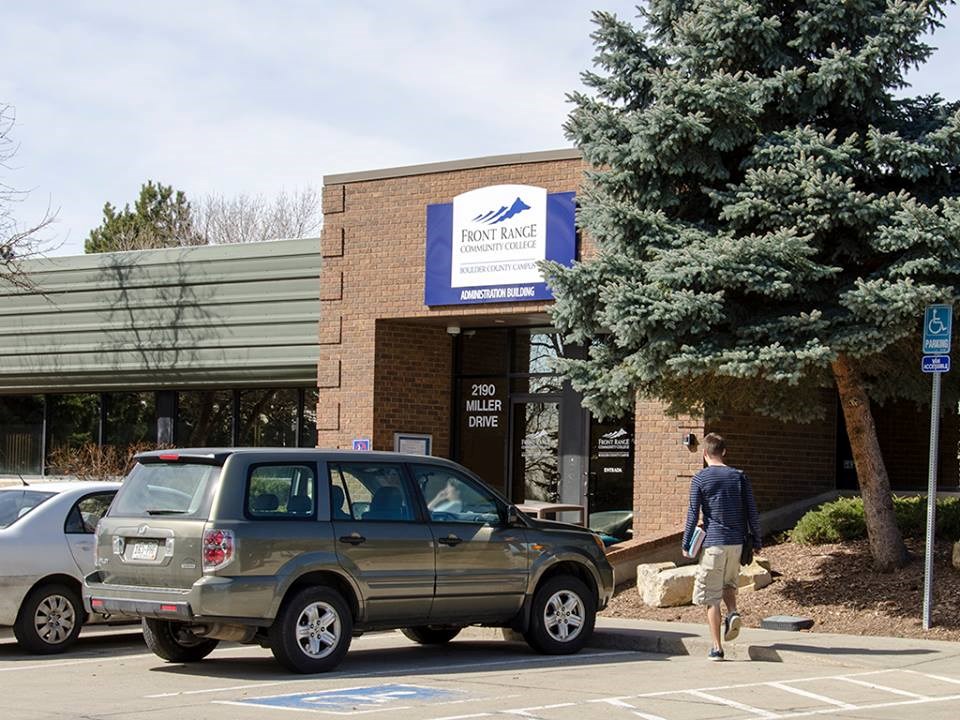On Thursday, the U.S. Supreme Court ruled that race-conscious admissions in higher education — or affirmative action — is unconstitutional.
The change is expected to most impact private universities with extremely selective admissions. As an open access institution, the decision won’t really change how admissions are done at Front Range Community College, which has a Longmont campus
However, FRCC President Colleen Simpson said the college’s leadership was disheartened to hear the decision.
“This effectively puts an end to affirmative action in higher education and will disproportionately impact students of color who have been historically underserved by colleges and universities in the U.S.,” Simpson said in a statement. “We are disappointed by the court’s decision because it misinterprets how race-conscious admissions processes work and why colleges have them in the first place. We are concerned that hard-working and talented students will be denied access to some of our nation’s top colleges and universities because of this decision.”
Colorado was part of a coalition of state attorneys general that filed an amicus brief in support of race-conscious admissions in the cases at the heart of the Supreme Court’s decision. Colorado Attorney General Phil Weiser said in a statement that the court’s conclusion threatens to undermine progress made on college campuses.
“Schools are a vital pipeline to pursue the American Dream and afford students the opportunity to learn in an educational environment that looks like America and prepares them to live in our diverse nation,” Weiser said. “Under the Court’s ruling, preference for legacy admissions will be permitted, but efforts to open the doors of higher education to previously excluded groups who still face barriers to equal opportunity and to ensure diverse learning environments will not. Moreover, studies and history tell us that colleges and universities will likely see a sudden drop in Black and Hispanic enrollment because of the Court’s ruling.”
Simpson emphasized that the community college would continue its work with diversity and helping students of all backgrounds succeed.
“As an open access college, we meet students where they are and accept everyone who applies,” Simpson said. “We know that our diversity makes us stronger and enriches our learning. FRCC will continue our critical work to erase equity gaps — and we are committed to creating an inclusive and welcoming environment that helps all of our students reach their educational and career goals.”



